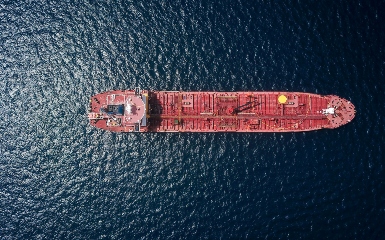
The EEXI requirement came into effect on 1 January 2023, and all affected ships should now comply. To maintain compliance, any ship undergoing changes that affect its EEXI and/or EEDI may need to recalculate these.
What is a “major conversion”?
Under MARPOL Annex VI (Regulation 5.4), the Energy Efficiency Existing Ship Index (EEXI) and, if relevant, the Energy Efficiency Design Index (EEDI), must be recalculated and surveyed on board in the event of a major conversion, as defined in Regulation 2.2.17. Continue reading “DNV on energy efficiency compliance after alterations or conversions”










